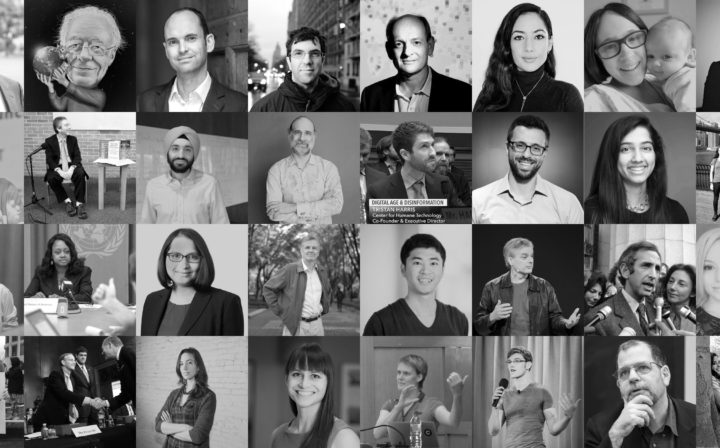Table of Contents
You have 80,000 hours in your career: 40 hours per week, 50 weeks per year, for a solid 40 years. That’s a huge amount of time. And it means that your career is not only a major driver of your happiness — it’s probably also your biggest opportunity to have a positive impact on the world.
We’re a nonprofit that provides research and support to help talented people move into careers that tackle the world’s most pressing problems. In other words, we want to help you make your 80,000 hours count.
We try to provide the information and support we wish we’d had when we graduated: transparently explained, based on the best research available, willing to grapple with the big questions, and free. We aim to help you go from having no idea what to do, all the way to being in a fulfilling job that does good.
To date, millions of people have read our advice, and thousands of people have told us they’ve changed careers based on it. Our hope is to get the next generation of young people focussed on tackling the world’s most pressing problems, so that — collectively — we can solve them.
Our top aim right now is to help people transition to careers reducing existential risk. We think these issues are among the biggest and most neglected challenges facing our generation — and so are where many of our readers can make the biggest positive difference.
Our advice is focused on students and graduates aged 18–30 who are lucky enough to have the security and ability to make helping the world one of their main goals, and who are (or can be) interested in working on the problems we think are most pressing. However, people working on all kinds of issues and at different career stages have found our resources helpful.
We believe you can make a difference, and our goal is to help you do that.
Where should you begin?
1. Start with our career guide
Our career guide is based on 10+ years of research alongside academics at Oxford. It aims to teach you the basics of finding a fulfilling career that does good, from why following your passion isn’t the best route to finding a fulfilling career, to why jobs like medicine or charity work are not always the best options for helping others.
It contains 12 articles, each with exercises at the end. If you work through them all, you’ll have a draft of your new career plan.
Or get the guide as a book or as an audio series. If you’d like something more advanced, skip ahead to our advanced series.
2. Speak to our team and put your plan into action
Once you’re familiar with our ideas or ready to make a decision, apply to speak with our team one-on-one for free. They may be able to help check your new career plan, and then introduce you to mentors, job openings, and funding opportunities to help you put it into action.
You can also fill out our career plan worksheet and check our job board to find opportunities.
3. Explore the rest of our research
To further deepen your understanding of impactful careers, take a look at these and pick the articles that are most relevant to your situation:
The biggest and most neglected global problems we’ve found in our research.
Early career, we recommend you focus on building useful skills. Here’s how to get started.
These paths can help you make a bigger contribution to solving important global problems, including some you might not have already considered.
In-depth conversations with experts about how to best tackle the world’s most pressing problems.
Our most important and novel research findings about how to increase the impact of your career.
Reader stories
Our readers have found all kinds of ways to contribute to solving important global problems. Here are a few we find especially inspiring!
Sign up to our newsletter and get started finding a new career
We’ll email to guide you through the whole process over a couple of months. We’ll also mail you a free book about high-impact careers.
You’ll be joining our community of over 500,000 people. T&Cs here. You can unsubscribe in one click.





